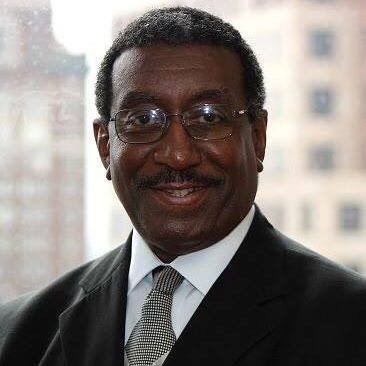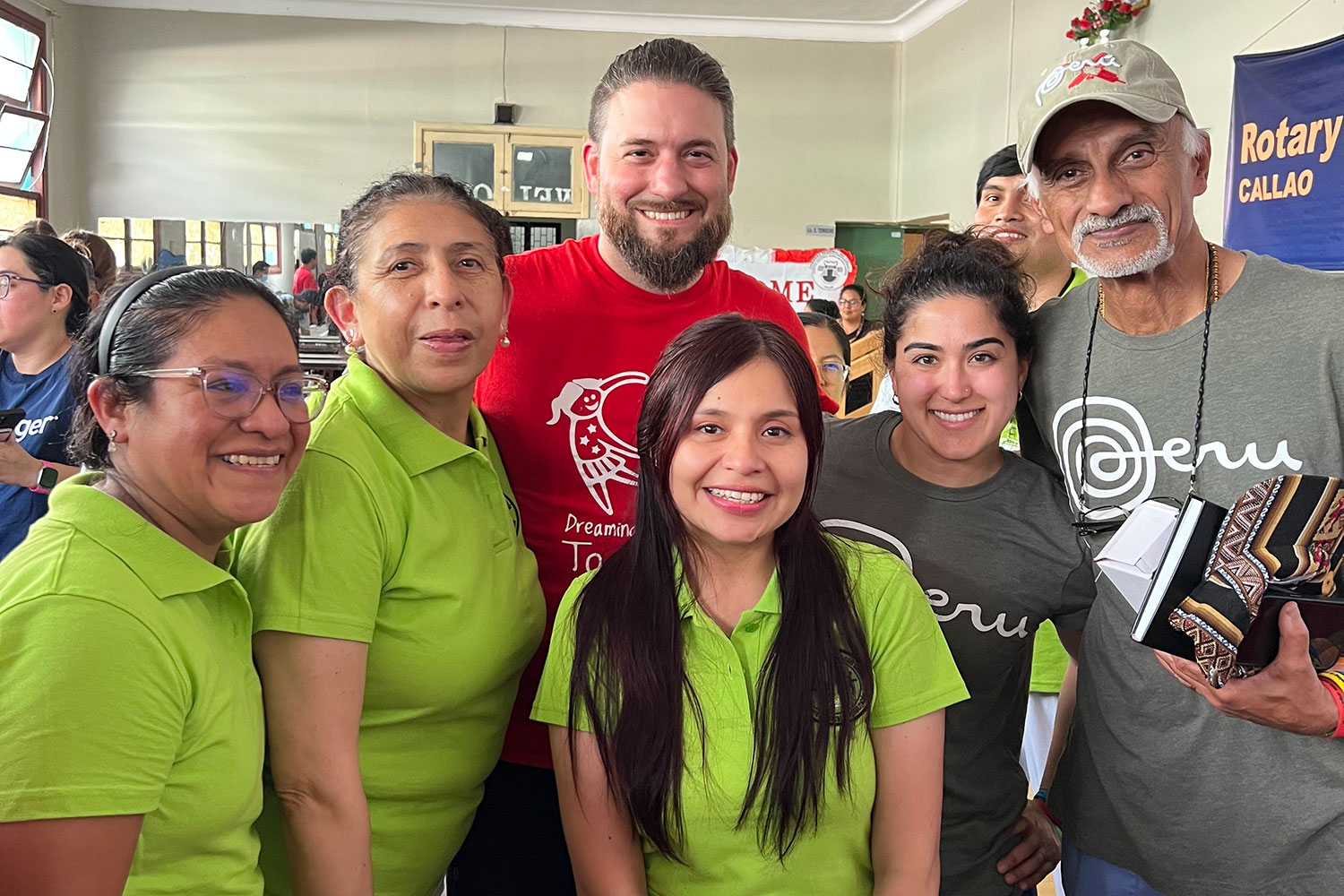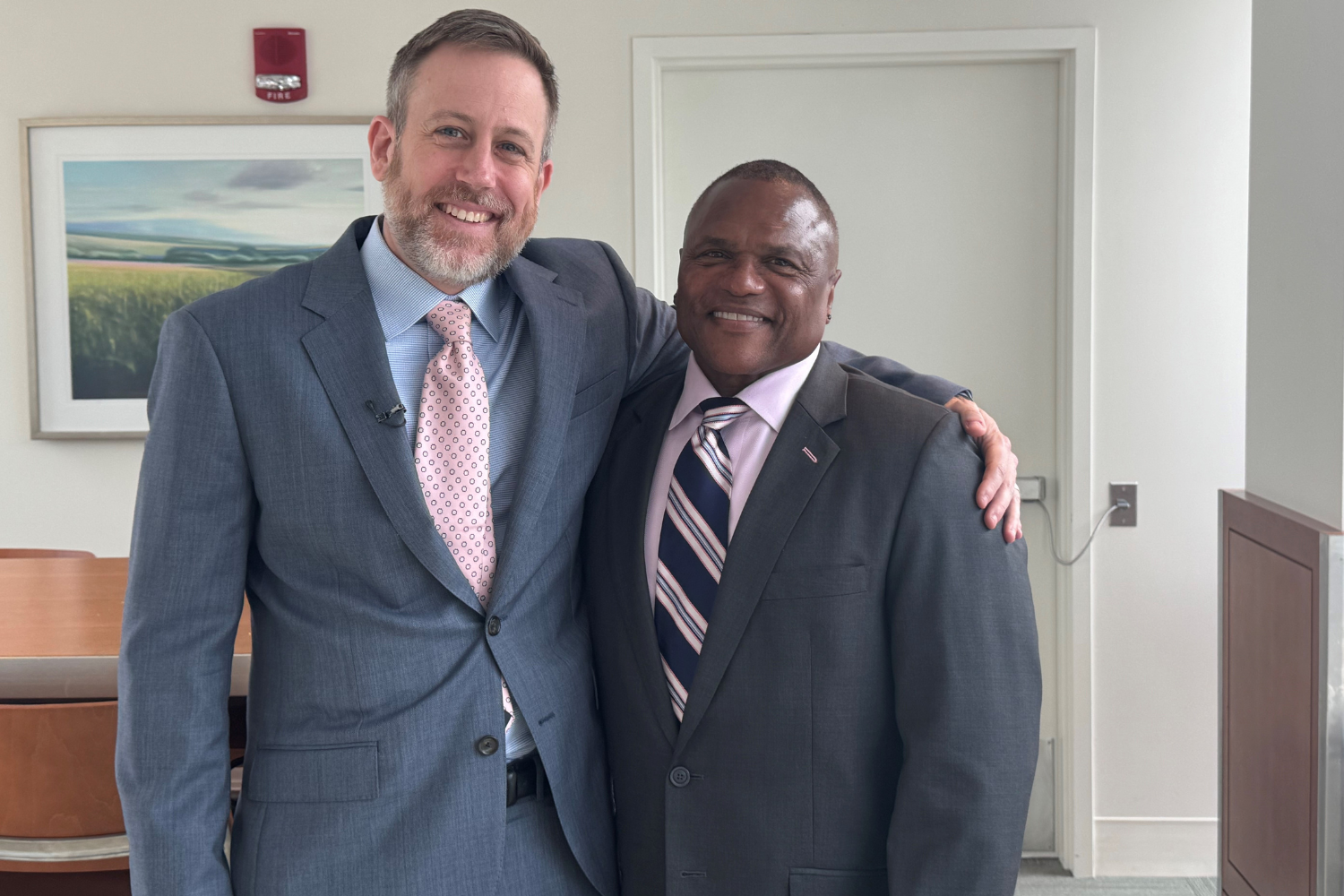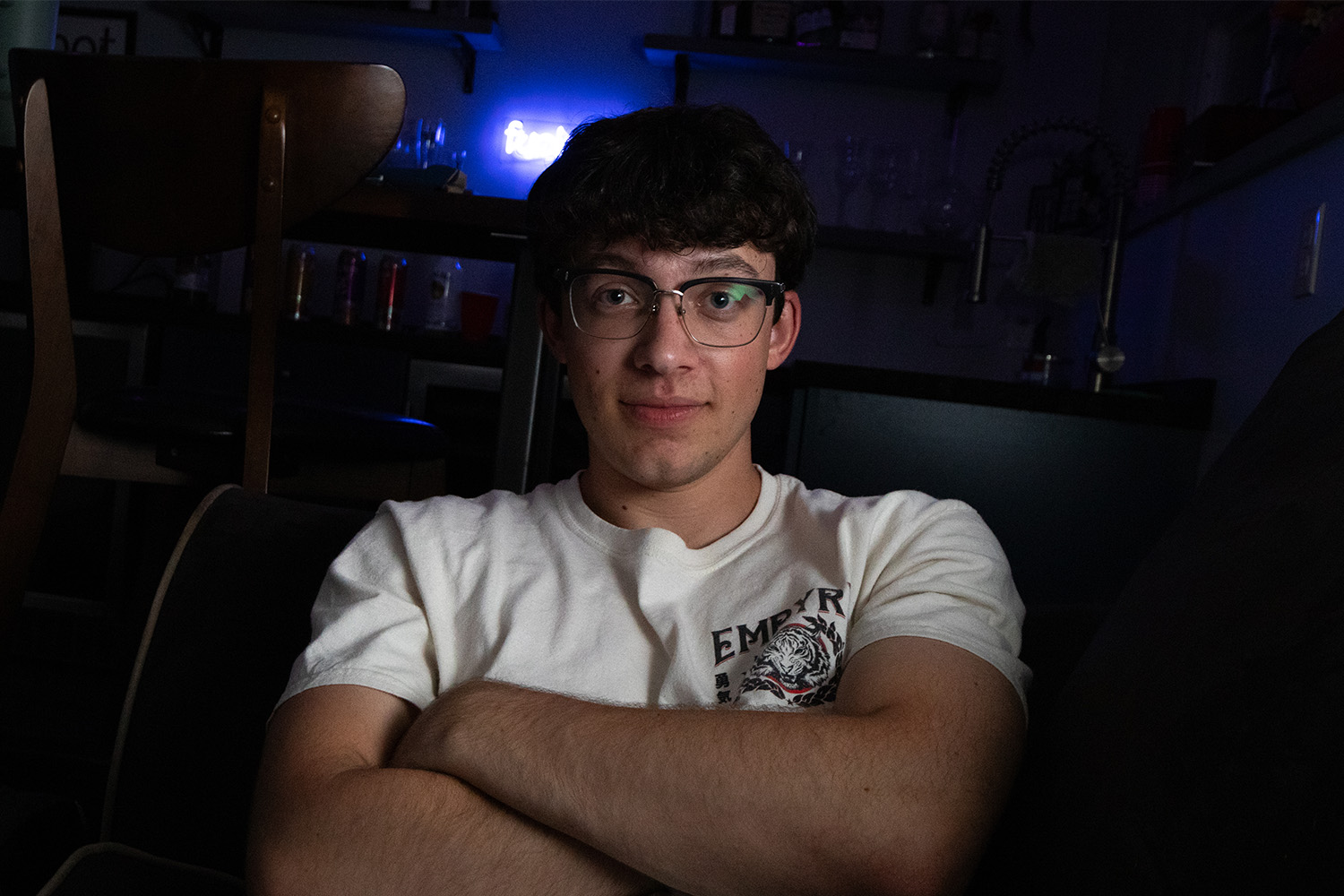Winston Johnson, a 1974 MSW graduate of the School of Social Work, is set to embark on his second retirement. Winston has had a long relationship with the School of Social Work as an advisor, field instructor and adjunct faculty member. He has always had a passion for giving back to his alma mater. Read about how his academic preparation at the UConn SSW prepared him for a long and fruitful career.
Share a couple of memories of your time as a student at the UConn School of Social Work.
I was a member of the largest minority class in UConn SSW’s history. I had a burning desire to get my MSW and return to work in my Hartford community to make a difference. I was able to obtain a field practicum in the Hartford Public Schools and work with students and families in my community and the school system I attended. I was a member of the first Black Student Organization at the SSW. We focused on the need for more minority professors and a social work curriculum that focused on the needs of our communities.
My memories of those years continued to keep me focused on my purpose and my commitment to making a difference in the field of criminal justice reform and prevention and early intervention in schools. I was also able to focus on my passion as a musician. While at the School of Social Work, I was able to do an independent study in Music Therapy which I used in community agencies, group homes, CT prison system and Hartford Public Schools.
How did your interest in school social work develop?
I was a member of a student field unit which allowed me to gain insight into the problems and issues that were affecting students in my school community. I also had a field placement in a group home with young men placed by DCF and the juvenile courts. I received my first job as a Rehabilitation Coordinator for Catholic Family Services in Hartford working with ex-offenders returning to the Hartford community. During this period, our program focused on helping young men find jobs, reestablish family relationships and focus on juvenile justice reform. After having these experiences, I realized the importance of prevention and turned my focus back to working in schools and helping to prevent/divert our youth from the juvenile justice system.
What have you enjoyed most about being an adjunct faculty member?
I have been very proud of the contributions I have made to the profession and the impact I have made on students and the community as an adjunct faculty member teaching Direct Practice in Schools: Children with Educational Exceptionalities and Their Families course. This is an important course that I hope the School of Social Work will continue to offer.
Over the years, I have hired and recommended a number of my former students as School Social Workers in Hartford, South Windsor, New Britain and New Haven public schools, two of them are now vice principals in the Hartford Public Schools. As a faculty field supervisor, I also enjoyed supporting our students in their placements and problem solving with community field advisors.
I was also able to replicate and collaborate with the school’s Field Education department, through a grant, to develop a student unit in the Social Work Department of the Hartford Public Schools. The school system committed to hiring two graduating students to work in the Hartford Public Schools.
Share a couple of meaningful experiences in the classroom.
During student presentations a Principal from Hartford Public Schools shared his experiences as a parent of a child with a disability. He shared with the class his views of how a school social worker can be helpful and advocate for special needs students and their families.
Another meaningful experience is providing students with an introduction to school/community based crisis teams as a simulation training experience. A few of the most memorable experiences were following the tragic school shootings at Columbine and Sandy Hook and after Hurricane Katrina.
What will you do in your second retirement?
I’m looking forward to traveling and visiting with our grandchild in Maryland and family in South Carolina, Florida, and Jamaica. I will also continue to master my passion for drumming and daily exercise.
Anything else?
I am proud to have been one of the alumni to be recognized with the Distinguished Alumni Award at the UConn School of Social Work’s 50th anniversary celebration in 1998.
Over the years the need for School Social Workers has become increasingly obvious to me. Today, social workers in schools work with students who have behavioral, emotional, and developmental challenges. Teachers are unable to address these needs alone, but social workers have the background to assist and support these students.



